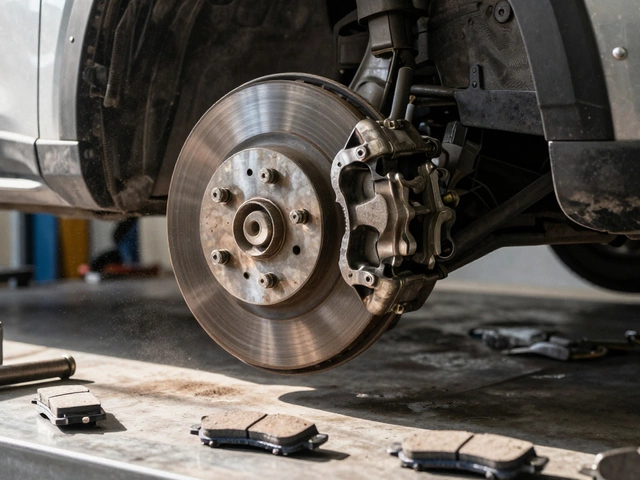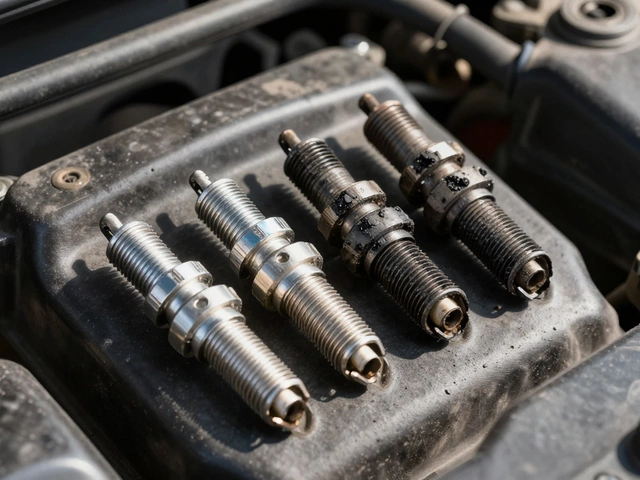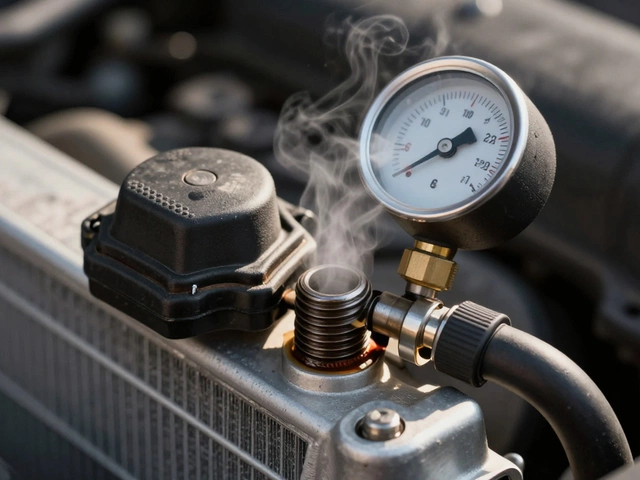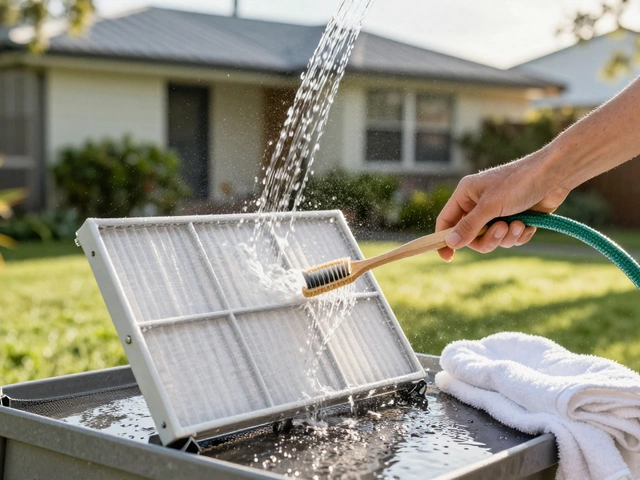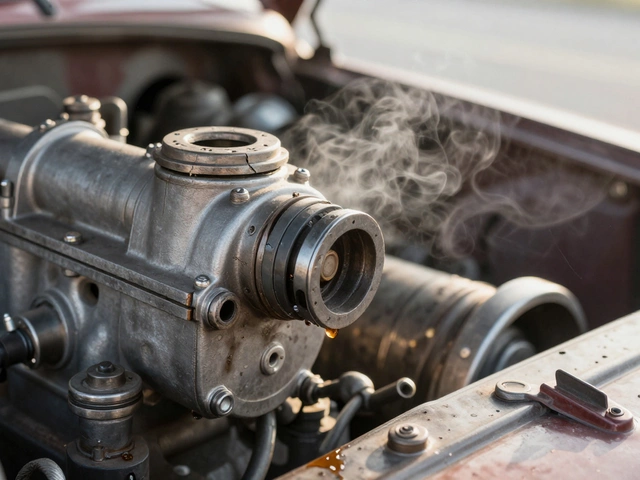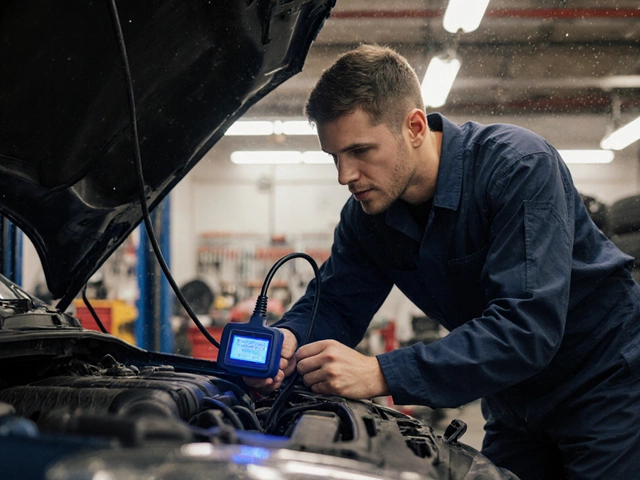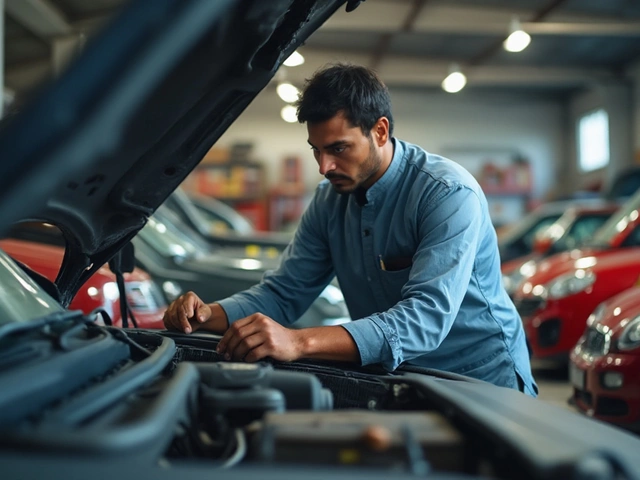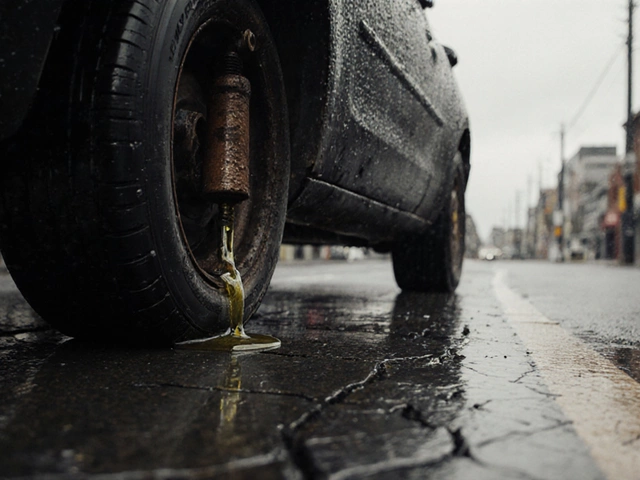Fuel Efficiency: Simple Ways to Save Gas and Money
Want to stretch every litre of fuel a little farther? You don't need a high‑tech gadget or a fancy engine rebuild. Most of the savings come from habits you already control while driving and a few easy maintenance checks. Below are the top things you can do right now to improve your car's miles‑per‑gallon (MPG) and keep your wallet happy.
Everyday Driving Habits that Cut Fuel Use
First off, how you drive matters more than most people think. Rapid starts, hard braking, and high speeds all burn extra fuel. Try to keep your acceleration gentle and anticipate stops so you can coast a bit before braking. Keeping your speed steady on the highway—ideally around 55‑65 mph—usually gives the best MPG. If you have a cruise control, use it on long straight stretches; it helps maintain a constant speed without the little speed tweaks your foot makes.
Another quick win is to reduce idle time. Modern engines don't need a warm‑up period longer than a minute. If you're stuck in traffic for more than a couple of minutes, turn the engine off. It saves fuel and reduces wear. Also, clear out extra weight. A full roof rack or heavy toolbox in the trunk forces the engine to work harder, so remove anything you don't need for the trip.
Maintenance Checks that Keep MPG High
Keeping your car in good shape is essential for fuel efficiency. A dirty air filter limits airflow, making the engine run richer and waste more fuel. Check the filter every 12,000 miles or when you notice reduced power. Replacing it is cheap and easy.
Tyres that are under‑inflated increase rolling resistance, which means the engine has to push harder. Check tyre pressure once a month and before long trips. Use the pressure listed on the driver’s door jamb, not the numbers on the sidewall.
Regular oil changes also play a role. Using the manufacturer‑recommended oil viscosity reduces friction inside the engine. Skipping oil changes can lead to sludge buildup that drags down performance.
Finally, keep an eye on your fuel system. If you notice a rough idle, a drop in power, or the check‑engine light comes on, it could be a bad spark plug or fuel injector. Fixing those issues early prevents fuel from being burned inefficiently.
Putting these habits and checks into practice can easily add a few MPG to your daily drive. The money you save adds up fast, especially with fuel prices on the rise. So next time you fill up, remember: a few small changes behind the wheel can make a big difference in your fuel efficiency.
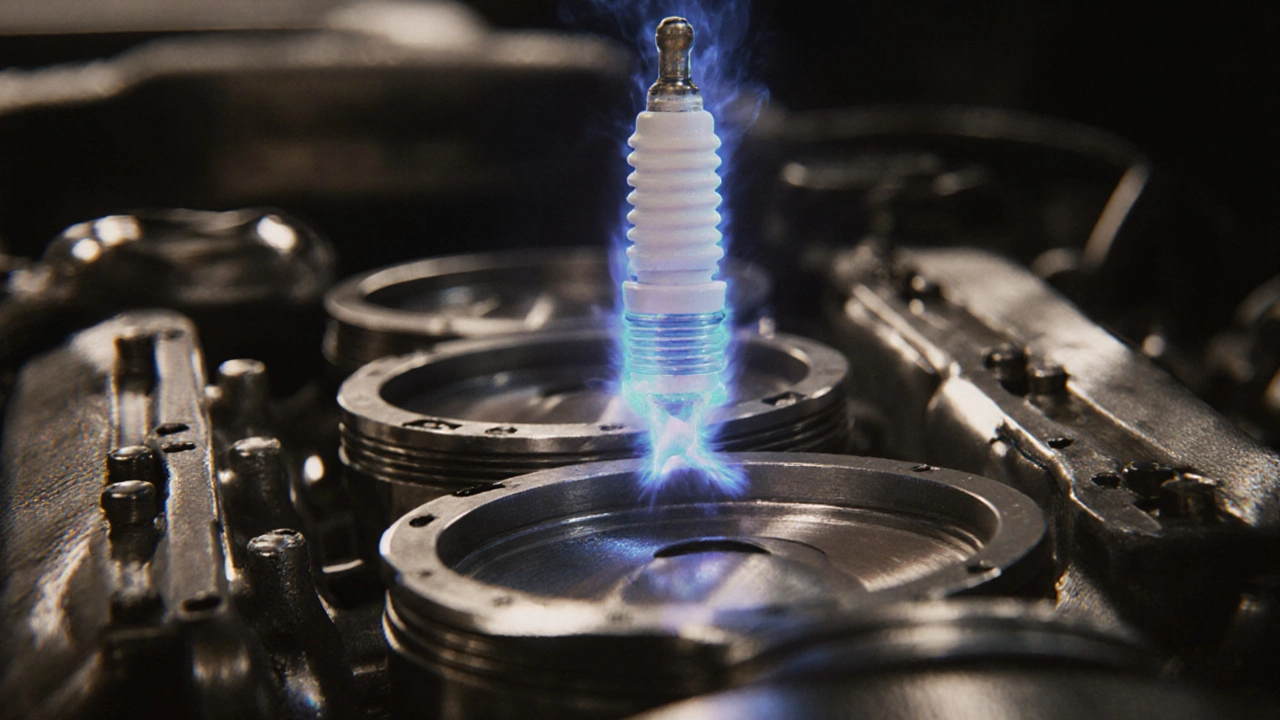
Will Replacing Spark Plugs Make a Noticeable Difference?
Learn how changing spark plugs impacts power, fuel economy, and idle smoothness. Find signs of worn plugs, compare copper, platinum and iridium options, and get step‑by‑step install tips.
CONTINUE READING
Can Riding the Clutch Boost Fuel Efficiency?
Exploring whether riding the clutch can improve your car's gas mileage; delving into the mechanics of clutch use, fuel efficiency, and driving habits. Riding the clutch is a common question among drivers seeking better fuel economy. This article investigates the myths and realities, offering practical advice for those curious about the impacts of clutch usage on fuel consumption.
CONTINUE READING
